Guinea-Bissau
Guinea-Bissau has become the first non-European country to join an international agreement on government accountability for human rights and the environment, the United Nations announced Tuesday.
Conakry signed the Convention on Access to Information, Public Participation in Decision-Making, and Access to Justice in Environmental Matters on April 4, becoming its 47th signatory country, according to the UN.
The Convention, also known as the Aarhus Convention, "protects the right of everyone to live in an environment adequate to his or her health and well-being," provides citizens with the right to participate in environmental decision-making, and "recognizes that we have an obligation to future generations," its website says.
The Convention and its Protocol on Pollutant Release and Transfer Registers are "the only legally binding global instruments on environmental democracy.
Guinea-Bissau, a Portuguese-speaking West African country of about two million people, is the first state "outside the pan-European region" to do so, said Olga Algayerova, executive secretary of the United Nations Economic Commission for Europe (UNECE).
"Guinea-Bissau hopes to take advantage of the Convention's instruments to fight climate change and promote its biodiversity... by allowing the public to participate in the decision-making process and to have access to justice when their environmental rights are violated," said its Environment Minister, Viriato Luis Soares Cassama.
"This West African state is one of the most vulnerable countries to climate change," according to the UNECE.
It is threatened by flooding and increased salinization of coastal areas, which affects agriculture and can lead to shortages of drinking water, among other adverse effects.
Mining and construction activities also threaten the country's protected areas.
In January, police prevented activists from protesting plans to destroy a park in the heart of the capital Bissau as part of a construction project.
In 2021, Guinea-Bissau joined the U.N. Water Convention, becoming the fourth African country to do so.



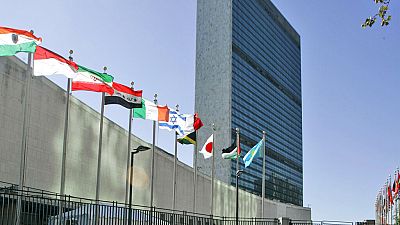


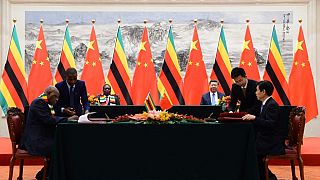
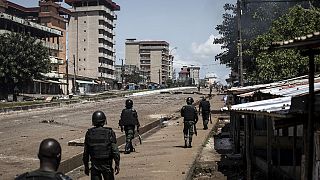
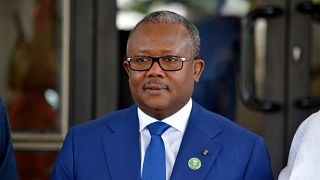

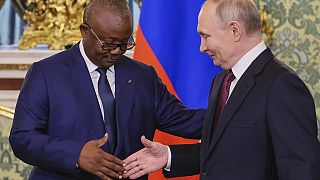



02:38
Natural harmony of Uganda's 'Ghost Island' under threat from international tourism
02:05
In Zimbabwe, metal scrap collecting is reducing environmental pollution
01:22
World will have to learn to live with heatwaves, UN says
01:39
Sustainable development financing conference opens in Seville
02:22
Cameroonian marine conservationists trained as scientific divers
01:35
UN and Haitian officials mark one year since Kenyan police arrived to support security efforts